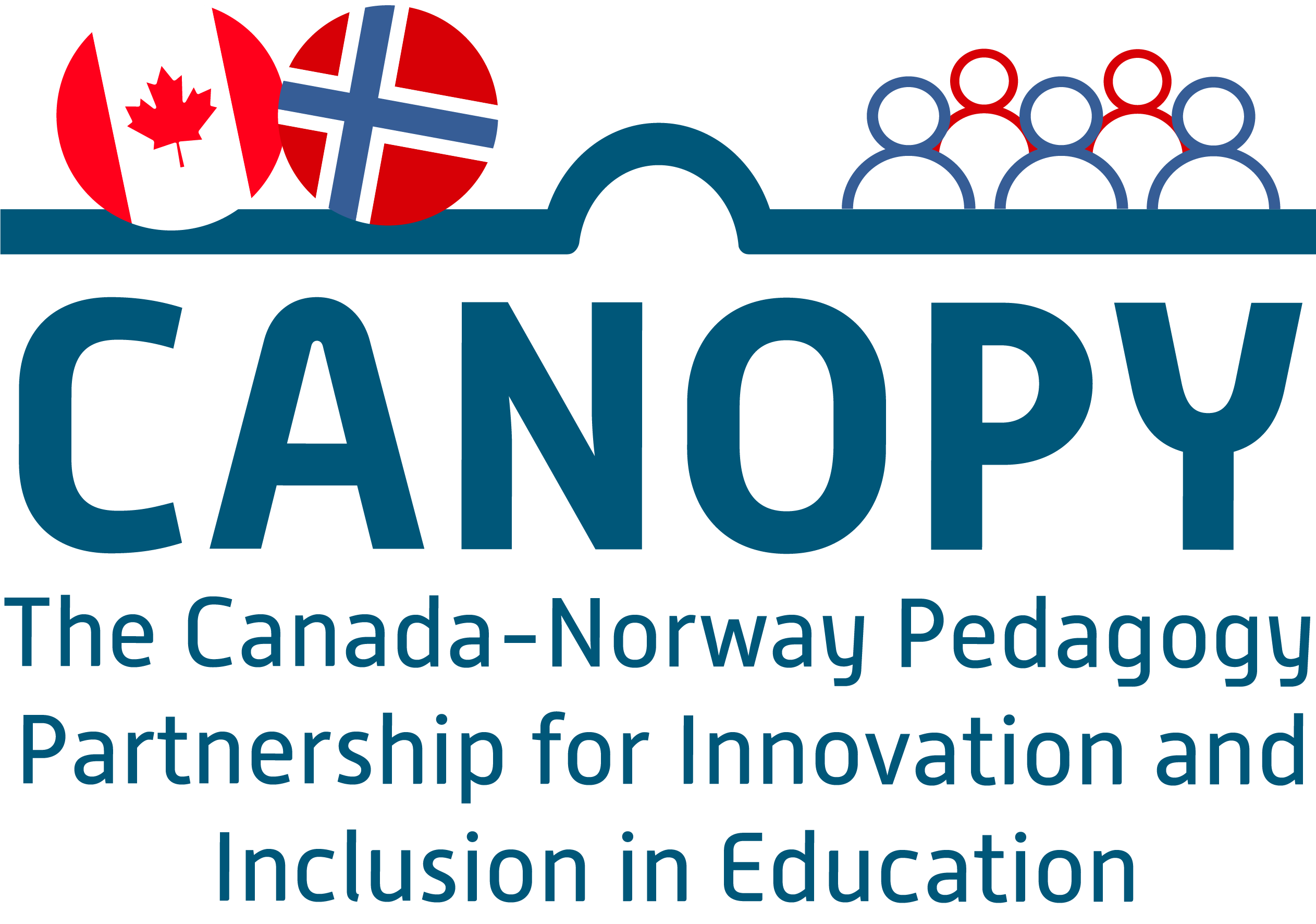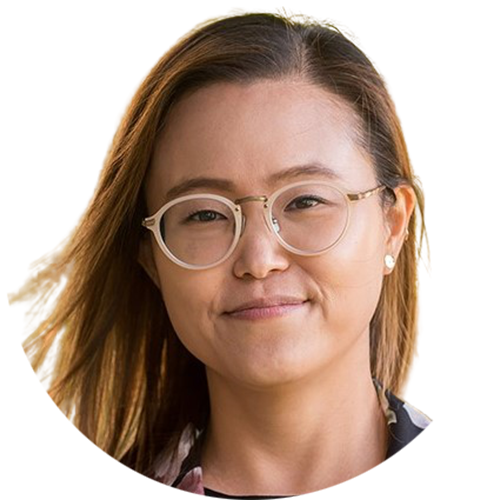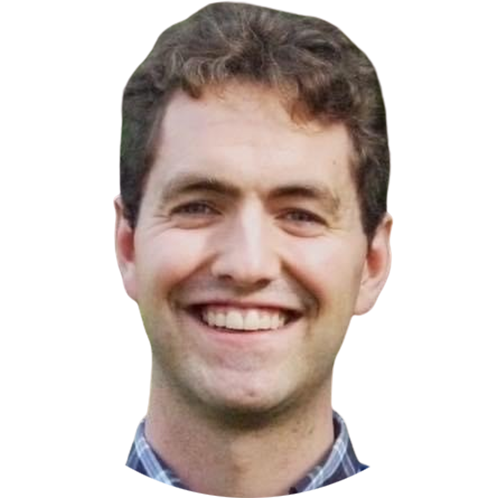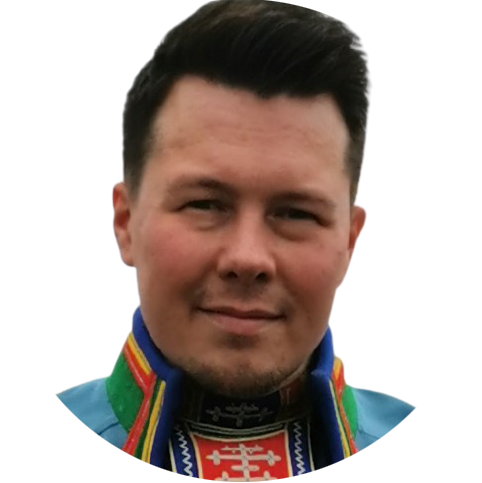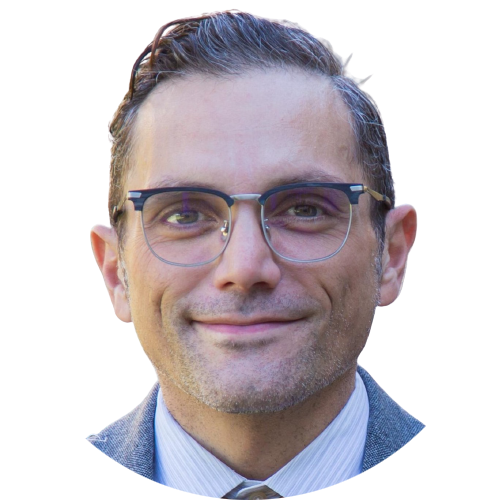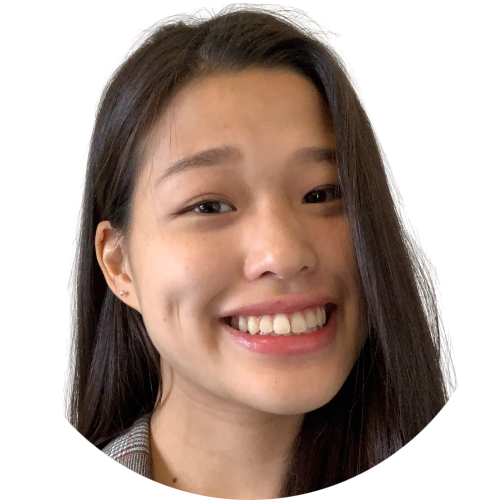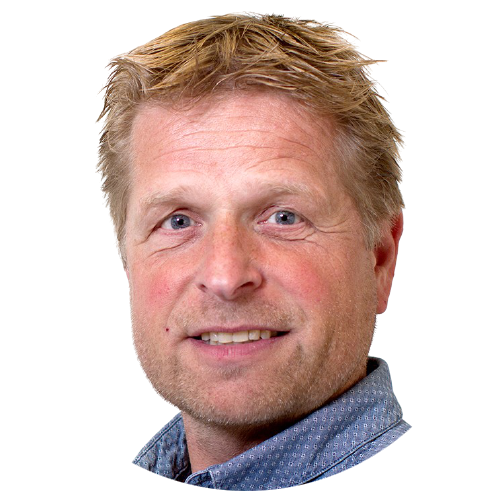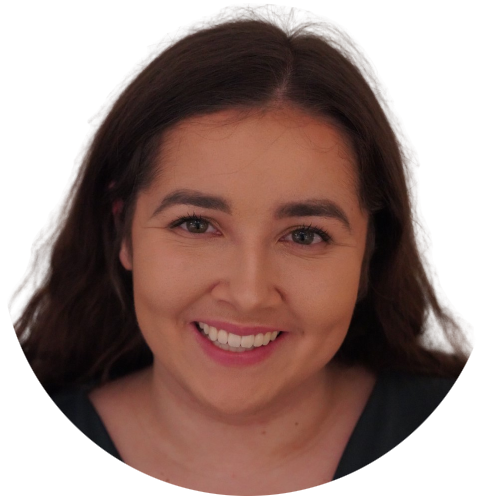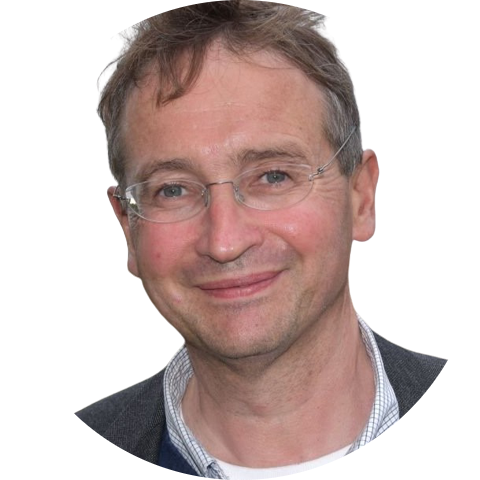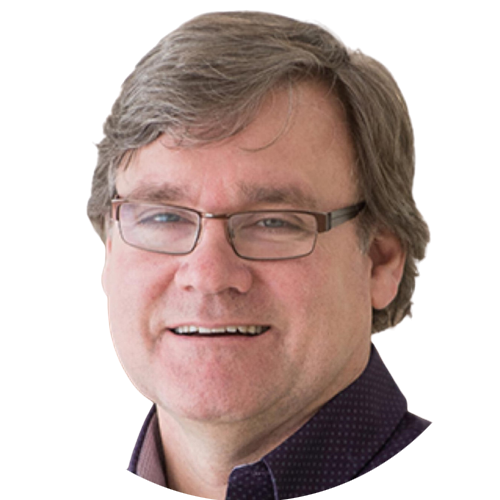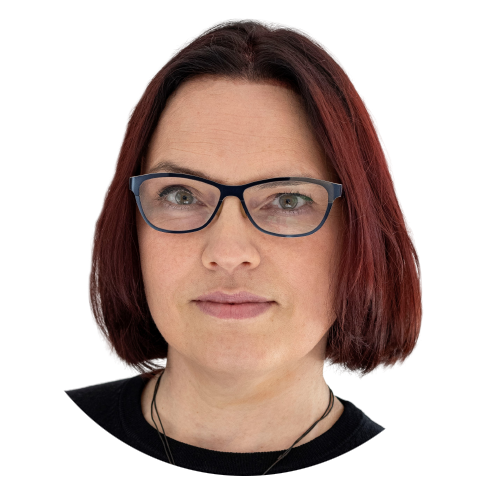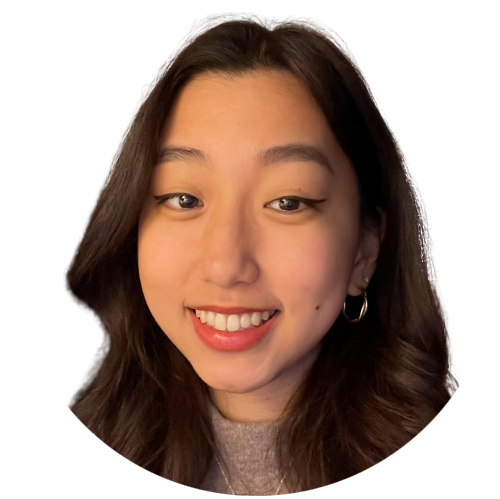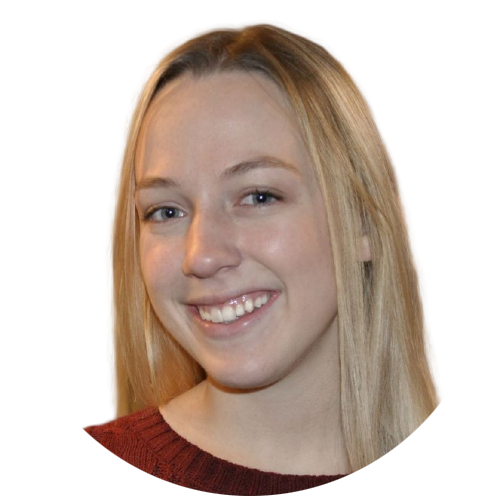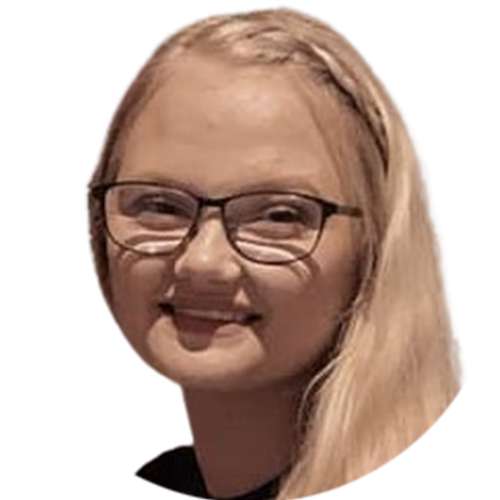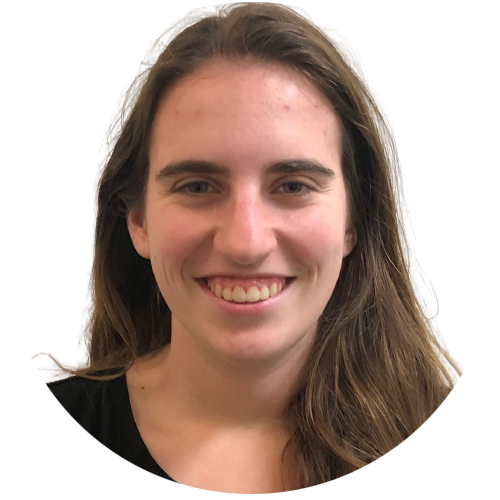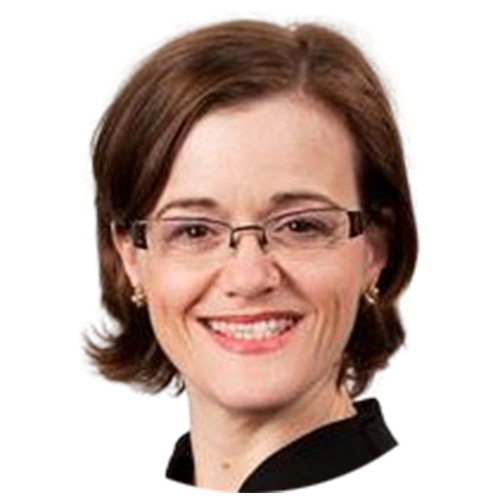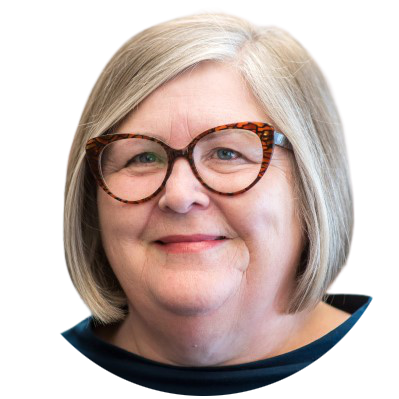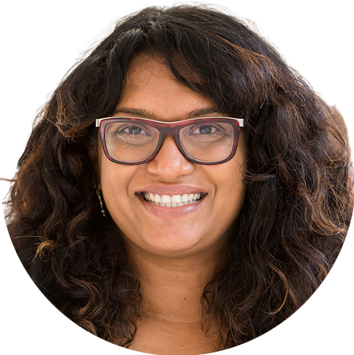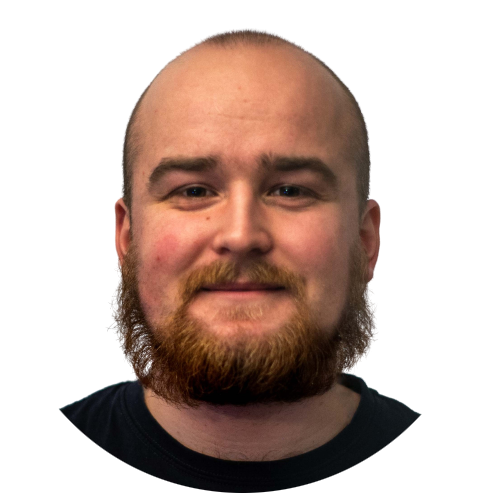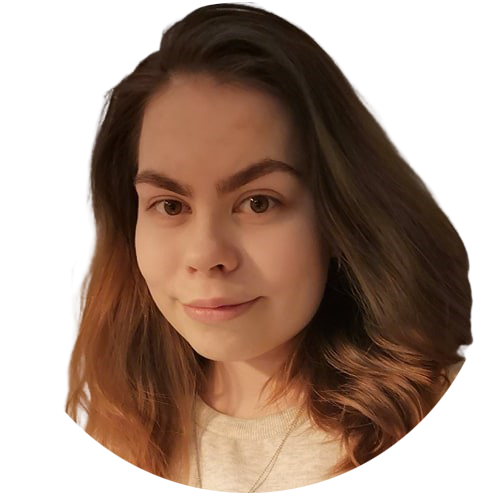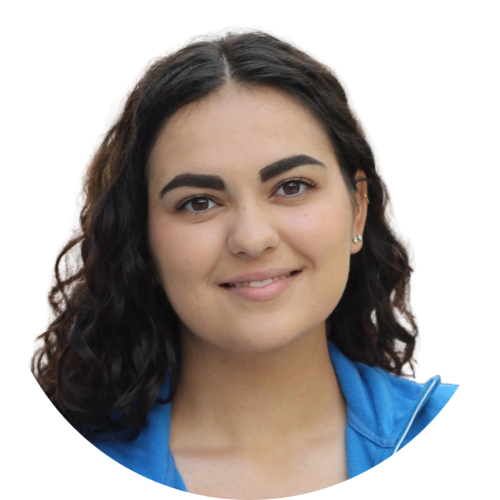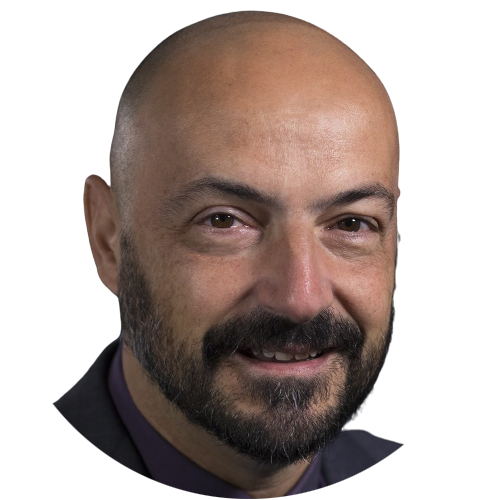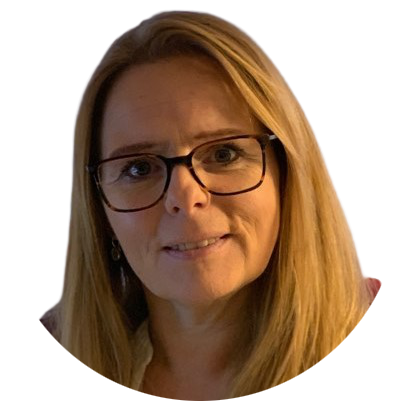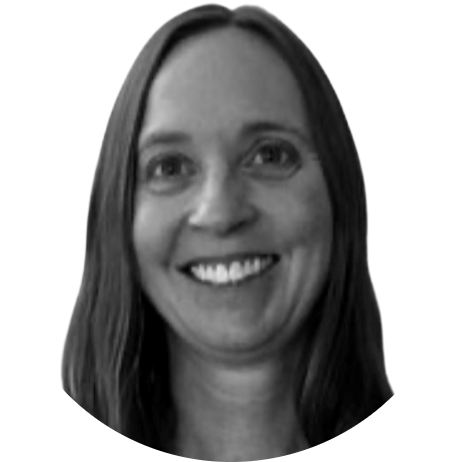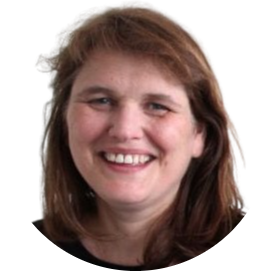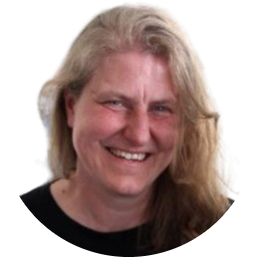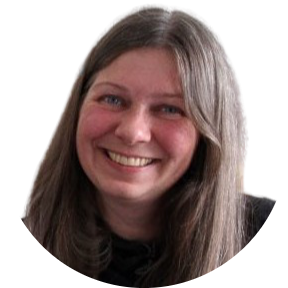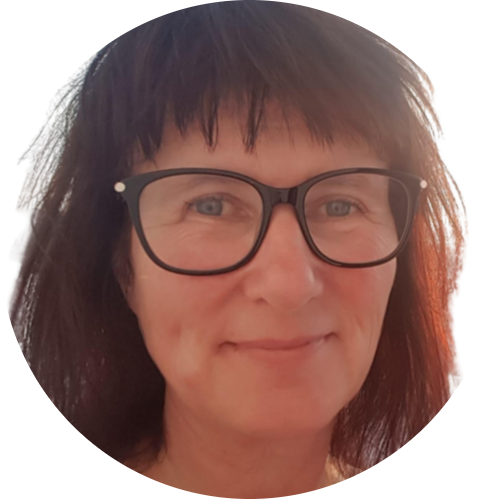Partner Group D: Exceptional Learners
LIZ ARMINEN
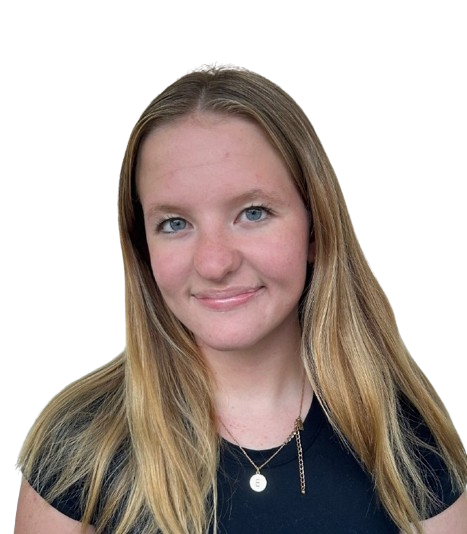
Liz (Elizabeth) Arminen is currently a second-year primary/junior Concurrent Education student majoring in psychology. In her undergraduate courses, she is working towards gaining a greater understanding of exceptionalities, moreover, how they impact individuals in a classroom or educational setting. Her personal experiences as an exceptional learner fueled her passion to get involved in research initiatives that involved understanding students with unique learning needs.
This year, Liz joined the Add*Ed Research Group which focuses on conducting and promoting research, innovation, and engagement related to inclusive education for students with developmental disabilities. Within her Add*Ed subgroup, Liz works with peers and graduate students to research how teachers think about individual education plans, considering how they understand IEPs when lesson planning. Alongside two of her peers, she conducted research on how teachers can accommodate the needs of neurodiverse students for an assignment in PROF110: Self as Teacher course. At the Inquiry @ Queen’s Research Conference in March 2023, she presented this research to other students and university staff by discussing innovative techniques teachers can use to foster an inclusive learning environment. Additionally, Liz is a research assistant in the Queen’s Visual Cognition Laboratory where she helps conduct research regarding how our perceptual and cognitive systems interact. By using eye-tracking along with virtual reality, she screens participants to gain an understanding of how they analyze complicated visual stimuli.
Through her experience as an assistant figure skating coach as well as working in a variety of childcare centers, Liz has worked with diverse groups of children, including individuals with unique learning needs. Her experience working with children combined with her personal experiences as an exceptional learner has allowed her to understand the importance of compassionate, creative teachers who understand the strengths and weaknesses of their students.
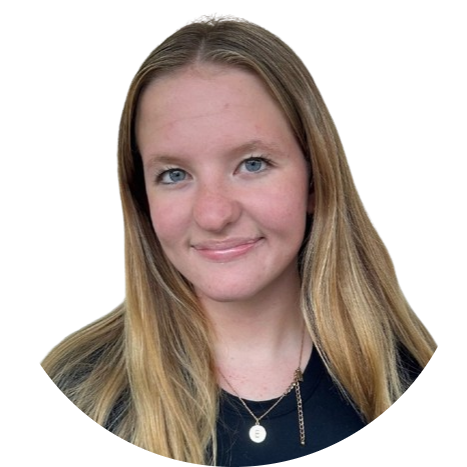
Liz Arminen
KATRINE L. EITERJORD
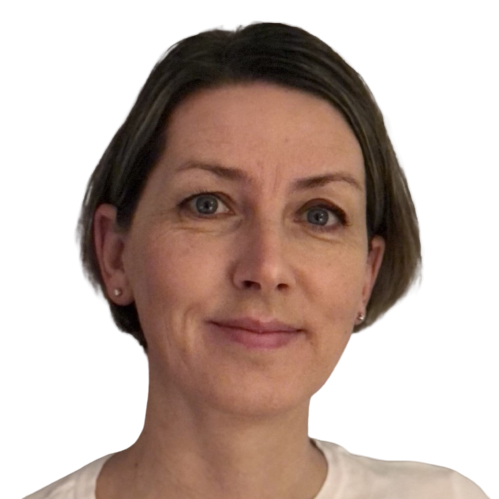
Katrine Lekang Eiterjord has worked at Bankgata Middle School (grades 8-10) in Bodø since 2009, but she started her career as a teacher in Kolbotn in 2007. She mainly teaches English, Social Studies and German, and is currently one of the head teachers for the ninth-grade class. She also serves as a team leader (part of the school’s “plangruppe”), which acts as a link between the school’s administration and the ninth-grade teachers concerning the school’s pedagogical activities. During Katrine’s years as a teacher, she has studied guidance pedagogy for teachers, and has been a practicum supervisor for several groups of teacher education students.
One of Katrine’s guiding principles when teaching, is educational leadership. She believes it is important to balance expertise and humour, and to always reflect on how teachers can contribute to an optimal learning environment for students.
Katrine has been a teacher for several exceptional learners. She has over the years experienced changes as to how students who have the right to special education, are included in their classes. Despite not having a degree in special needs education, this is still a part of her teaching practice. Bankgata Middle School has since 2022 been invested in a governmental program, strengthening both teachers’ as well as the Educational and Psychological Counselling Service’s (PPT), competence in special pedagogy and inclusive practice. Katrine finds that this program is a step in the right direction, believing that every student, no matter their special needs, can contribute positively to a classroom environment.
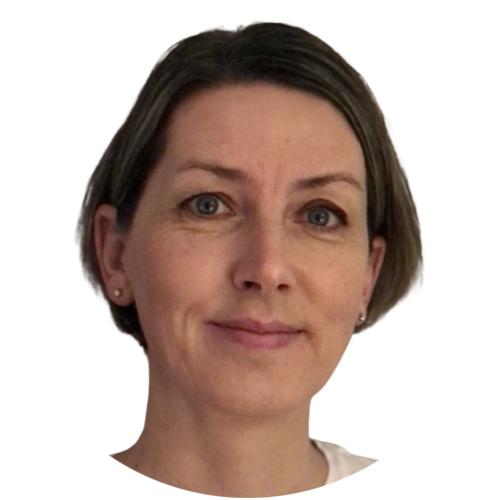
Katrine L. Eiterjord
NATALLIA B. HANSSEN
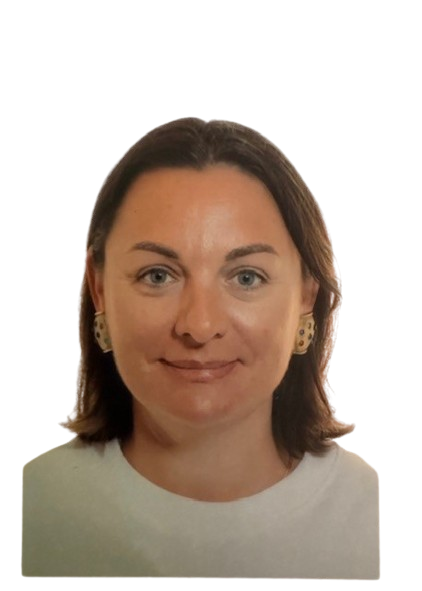
Natallia Bahdanovich Hanssen (ORCID: https://orcid.org/0000-0002-6047-0253 ) is a full professor in special needs education and a leader of the Research Group on Speech Therapy: language and communications impairments at the Faculty of Education and Arts at Nord University in Bodø, Norway. She is currently Head of the study program Master in Adapted Education with specialization in Special Needs Education, Professional Digital Competence or Vocational Didactics. In 2023 Natallia got the status of an excellent teaching practitioner at Nord University.
Natallia has an aesthetic education, with a major in music, singing and art history from the Belarusian State Pedagogical University named after Maxim Tank (Minsk), master degree in Adapted Education with specialization in Special Needs Education from Nord University in Bodø, Norway. She holds a Ph.d. i studier av professional praxis with major in Special Needs Education from Nord University, Norway.
Natallia’s research is currently linked to special needs education, inclusive education, aesthetic and special needs education, early childhood education and care, intercultural competence, interprofessional and family -professional collaboration comparative studies, developmental language disorders. She is also interested in research topics such as bullying, psychosocial learning challenges and behavioral and relational impairments.
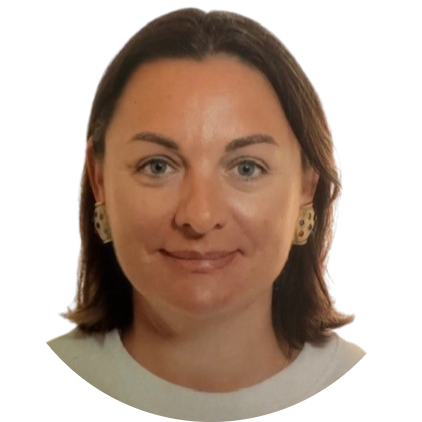
Natallia B. Hanssen
ANNA HEIMSBAKK
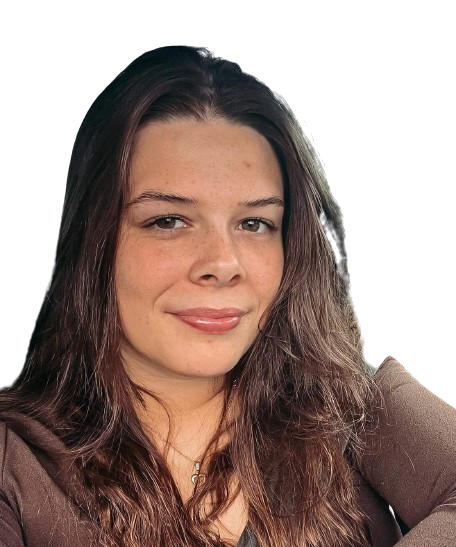
Anna Heimsbakk is in her third year at Nord University in Levanger. There, she is studying to become a primary school teacher, for first to seventh grade and has chosen to pursue a master's degree in special education. This year, she has decided to take an additional course called "Outdoor Areas as Learning Environments." She has chosen this course to gain more knowledge and expertise in order to accommodate more students. Her aim is to enhance the achievement of individual students as well as the group as a whole.
In addition to her studies, she works as a substitute teacher and has been doing so for four years, which is something she enjoys very much. She comes from a town called Kyrksæterøra and lives on the farm where she grew up. Her spare time is devoted to horse training and trotting. In addition to this she also takes care of the goats on the farm. A dream she has is to eventually use the farm as an alternative learning environment, contributing to providing students with a sense of accomplishment and joy in learning. She personally experienced a sense of accomplishment through trotting, which boosted her confidence and reflected in her academic performance.
It is important for her to use her personal experience along with her interest in special education to meet students despite their different conditions and needs. She has personally witnessed how achievement leads to positive development, and wants to use this experience to identify strengths in students and leverage them so that they have the opportunity to experience success. She finds special education engaging, because it allows her to witness students experiencing positive development and achievement when they receive customized teaching that highlights their strengths.
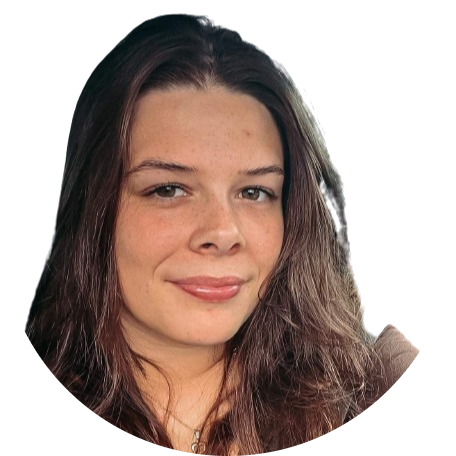
Anna Heimsbakk
BENT-CATO HUSTAD
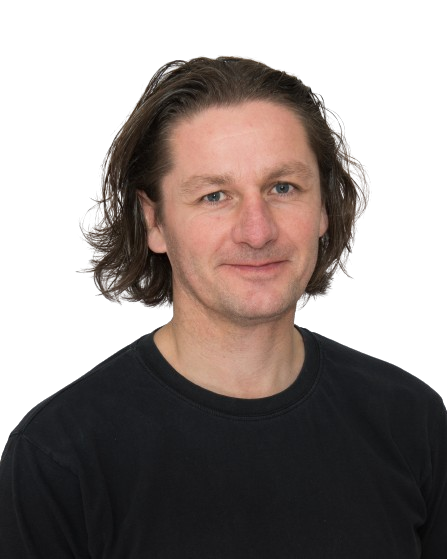
Bent-Cato Hustad is an Associate Professor in Special needs education at the Faculty of Education and Arts at Nord University in Bodø, Norway. He has his Master’s degree in Pedagogy from Norwegian University of Science and Technology (NTNU) in Trondheim in 1999. He started his working career in the Pedagogical and Psychological Services (PPT) working with Special needs education. From 2009 Hustad was a researcher at Nordland research center in Bodø, where he has been project manager for several nationwide evaluations of the Pedagogical and Psychological Services (PPT) and the System of Special Needs Education commissioned by the Ministry of Education and the Norwegian Directorate for Education and Training. He was appointed as a member of the Following-up group of the Teacher education reform from 2010-2015. From 2016, Hustad has worked with educating special needs teachers. First employed at the University of Tromsø and since 2021 at NORD University in Bodø. Hustad is currently leader of the research group Inclusive education and special needs education in theory and practice at Nord University. Hustad’s research interest encompass a wide range of fields from educational leadership and organizational learning, co-teaching, multi-disciplinary cooperation, pupils’ absence from school, developmental dyscalculia.
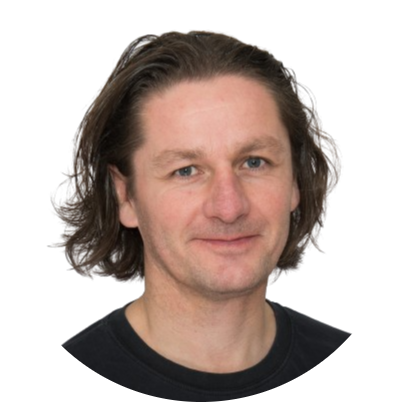
Bent-Cato Hustad
CHELSEA LAM
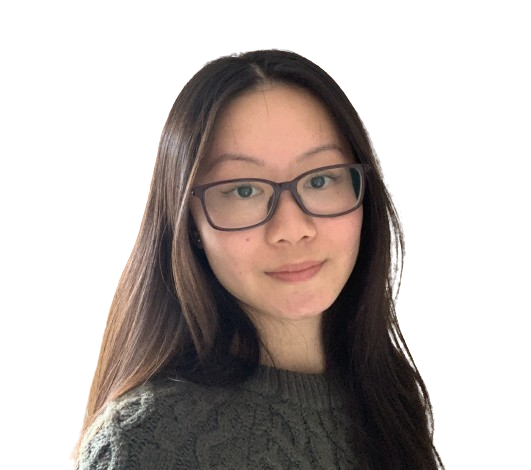
Chelsea Lam is a third-year Concurrent Education student at Queen’s University specializing in History in the Primary-Junior stream. Chelsea enjoys learning about minority experiences from a historical perspective. Her passion for working with children developed in high school through volunteering with an organization that was dedicated to offering specialized support to exceptional learners who may have faced challenges learning in a traditional school environment.
During her time at Queen’s University, Chelsea has been volunteering with two outreach programs: Queen’s Kaleidoscope and Queen’s Students for Literacy. These initiatives involve weekly visits to at-risk children in the Kingston community, aiming to foster essential literacy skills and provide academic and social support. By cultivating relationships with children with diverse lived experiences, she aims to deepen her understanding of the challenges students may encounter.
In her concurrent education classes, Chelsea has learned about inclusive and equitable approaches to teaching, including trauma-informed teaching practices and the Universal Design for Learning (UDL) model. She applies these approaches to her role as an executive member of the Resources team for Queen’s Students for Literacy. She is currently spearheading a project to create themed lesson plans paired with recommendations based on trauma-informed teaching practices and UDL principles to guide tutors in creating a safer space for learners during their sessions. Chelsea is also a member of Add-Ed, a research group dedicated to conducting and promoting research in the realm of inclusive education for exceptional learners. Currently, she is working on a project centred around pre-service teachers’ understanding of the UDL model. These projects continue to offer her a more complex understanding of inclusive pedagogy through an application-based and research-backed perspective.
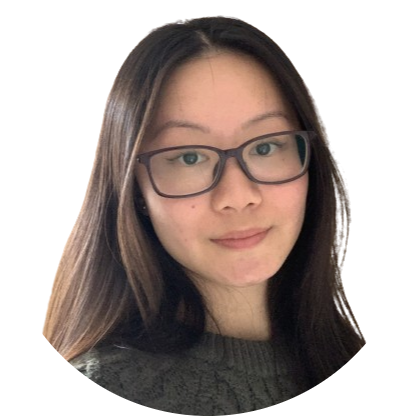
Chelsea Lam
MARISSA LITTLE
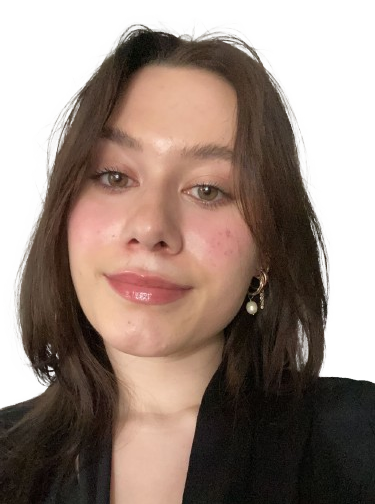
Marissa Little is in her third year of the Concurrent Education program at Queen’s University, majoring in History with a minor in English Language and Literature. She is in the primary/junior stream and plans to specialize her studies in Special Education, with intentions to work in educational consulting or curriculum development. As an enhanced support worker for children diagnosed with Autism Spectrum Disorder (ASD), Marissa assists with developing Individual Education Plans (IEPS) and works one-on-one with exceptional learners. During this position, Marissa has reflected on the noticeable discrepancies in accessible education provided to children in her rural hometown compared to Kingston’s more diverse population; this ignited her passion for special education teacher training. She believes all children should have access to adequate resources and appropriate IEPs, no matter where they live. To further her understanding, Marissa is assisting Dr. Jordan Shurr in his research on international teacher training in special education, conducted through the ADD*Ed Research Group. Their team examines the discrepancies found in supporting exceptional learners in classrooms on an international scale, working to bridge the gap between research and practice.
Furthermore, through her internship with Parks Canada, Marissa had the opportunity to assist in creating accessible and experiential school programs for Bellevue House National Historic Site. She successfully applied the Universal Design for Learning (UDL) principles to the children’s programming to ensure the content was transferable to various learners and exceptionalities. She linked the programs to the Ontario curriculum, using a dialogic and participatory approach to historical interpretation. Marissa has participated in multiple extracurriculars to enhance her passion for supporting exceptional learners, including “Queen’s Students for Literacy,” an organization she has volunteered with for three years. As an executive member of the “Literacy Outreach” branch, Marissa coordinates and supervises tutoring sessions for at-risk youth in Kingston and encourages her tutors to use inclusive teaching strategies when working with these complex learners. Thus, Marissa’s passion for special education-based research and being well-versed in the representation of exceptional learners in public history and her community will transfer to her role as a future educator, and to her work for the CANOPY project group.
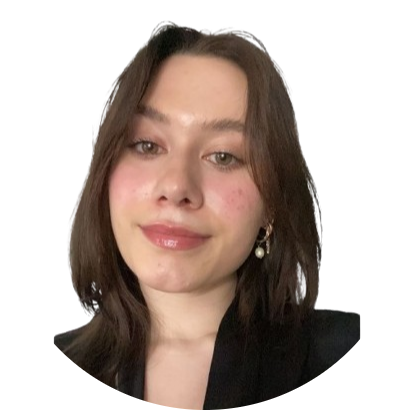
Marissa Little
IAN MATHESON
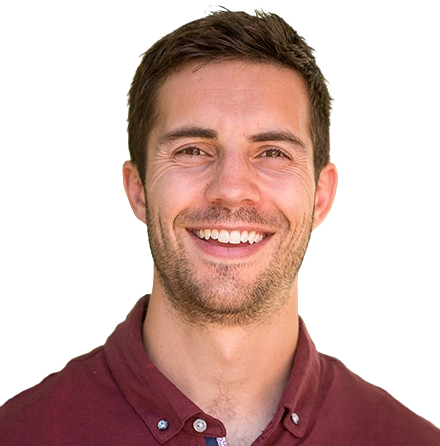
Ian Matheson received his MEd and PhD from Queen’s University, and took his first job at the University of Regina in Saskatchewan. Much of his teaching has focused on the special education system in Ontario, and finding ways to support students with exceptional learning needs. He’s been serving as the faculty Director of Graduate Programs for the last two years; this role has involved providing support and guidance to graduate students as they navigate their programming. Currently, he’s serving on the board of the Learning Disability Association of Kingston, and as the Vice Chair of the Queen's University General Research Ethics Board. His research has broadly focused on the intersection of special education and educational psychology. His current research work is focused on examining the knowledge that students possess about their own identification and learning needs.
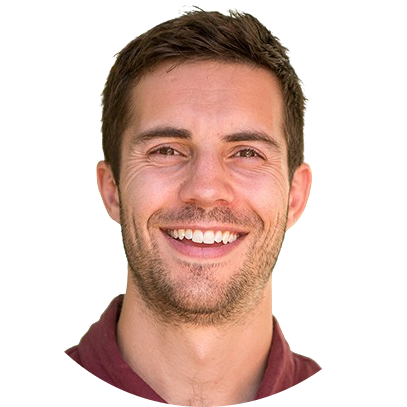
Ian Matheson
MICHELE MCGRATH
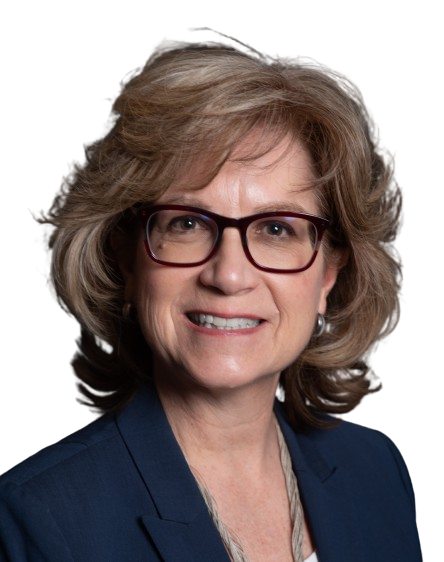
Michele McGrath has been an educator with Algonquin Lakeshore Catholic District School Board (ALCDSB) since 1990. She holds an Honors B. A. in Child Psychology from Brock University, a B. Ed. from York University and a M. Ed. in Curriculum, Teaching and Learning from OISE/University of Toronto. Since her first-year teaching at St. Joseph’s Catholic School, Michele has taught at 5 different schools, Kindergarten to Grade 8, served as a Special Assignment teacher for the Board for three years and spent twelve years in administration as Vice Principal and Principal at four elementary schools.
Since January of 2020 Michele has been Superintendent of Education for ALCDSB. She supervises a family of schools including one high school and four elementary schools. Her portfolio is Student Services which includes Special Education and Mental Health and Addiction and Wellbeing. Her system responsibilities include leading the Special Education Advisory Committee and the ALCDSB Accessibility Committee. Michele has taught preservice students at Queen’s University and has presented many workshops over the years. Michele recently lectured at the Ontario Council for Exceptional Children Conference in and the International Conference on Autism, Intellectual Disability & Developmental Disabilities, which was hosted by the US Division on Autism and Developmental Disabilities (DADD) and the American Council for Exceptional Children.
She is passionate about her work, lifelong learning and systems thinking. She rises early each day for a morning walk (used to run), loves to cook and bake and sink into a good mystery. She and her husband Rob are the proud parents of three young men.
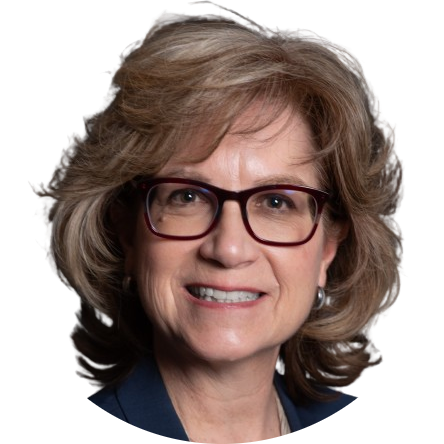
Michele McGrath
LINDSAY MORCOM
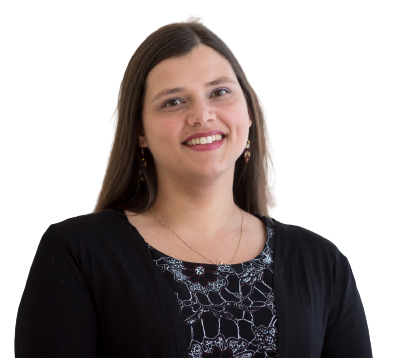
Dr. Lindsay Morcom is Associate Dean of Graduate Studies for the Faculty of Education at Queen’s University, as well as Canada Research Chair in Language Revitalization and Decolonizing Education. She earned her Master’s degree in Linguistics at First Nations University through the University of Regina in 2006. She then completed her doctorate in General Linguistics and Comparative Philology as a Rhodes Scholar at Oxford University in 2010. She is of Anishinaabe, German, and French heritage and embraces the distinct responsibility this ancestry brings to her research and to her contribution to reconciliation.
She is an interdisciplinary researcher with experience in education, Indigenous languages, language revitalization, linguistics, and reconciliation. She is an active member of the Kingston urban Indigenous community and works collaboratively with other organizers of the Kingston Indigenous Languages Nest for urban Indigenous language revitalization. She also works with on-reserve communities and school boards for to enhance language revitalization and decolonization in education. This has included projects examining the use of technology for improved language learning, collaborative arts-based research on the educational goals of Indigenous youth, and the development of Indigenous culture-based language immersion education.
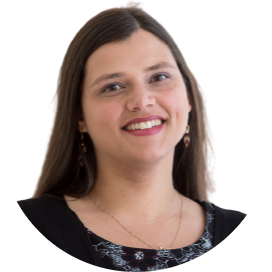
Lindsay Morcom
CHARLOTTE OPDAHL
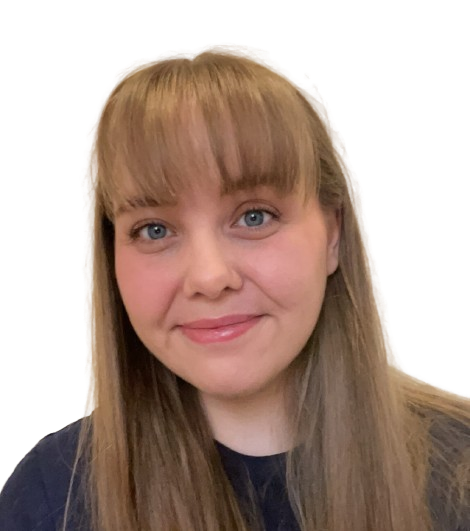
Charlotte Opdahl is in her second year of the MAGLU studies with the current subjects Pedagogy, Norwegian and English. She is from a small village outside of Molde, on the west coast of Norway, but now live and study in Levanger. Her goal is to graduate with a master’s degree in English didactics.
Previous to her studies she gained a trade certificate as a floral designer and worked full-time for a few years, often with the responsibility of training pupils, apprentices, and other employees. After that experience she decided to switch careers and return to her passion for languages. Charlotte hopes to be a teacher who can invoke creativity and curiosity in the pupils within all subjects.
The 2024 theme is of great importance to Charlotte personally, and not just as a teacher. She has both family members and close friends who were let down in their education because of a lack of knowledge and resources within the school system. By gaining a global perspective on teaching exceptional learners she hopes to contribute to the advancement of education in Norway. She wants to make a lasting impact on the lives of all learners, ensuring they receive the curiosity, support, and resources they deserve to thrive in their education and lives.
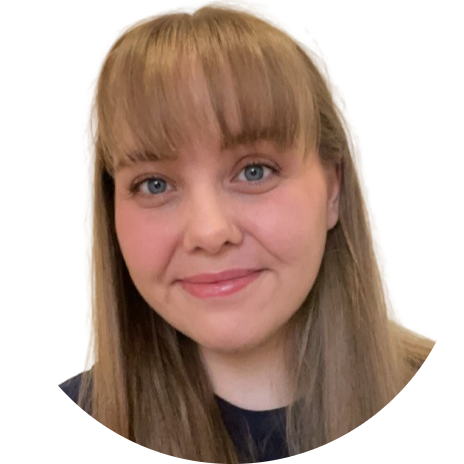
Charlotte Opdahl
MARINA PRILUTSKAYA
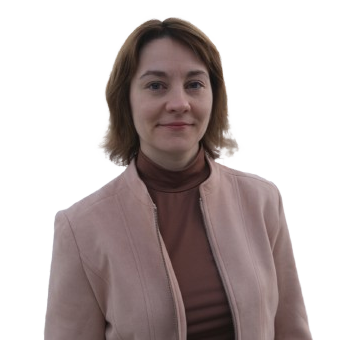
Marina Prilutskaya holds the position of Head of Division in the Pedagogy and Special Needs Education Division at the Faculty of Education and Arts, Nord University, Norway. Previously, Marina served as the study program coordinator for the Master in Adapted Education program and as the leader of the advisory board for three MA programs at Nord University.
Her responsibilities include supervising MA students admitted to the Master in Adapted Education program at Nord University. Additionally, Marina serves as a member of the Education Committee at the Faculty of Education and Arts at Nord University.
Marina earned a BA in Russian language and Literature from Rostov State Teachers' Training University in Russia (1999-2004) and an MA in Culture and English Language Didactics from Innland Norway University of Applied Sciences (2013-2015). Furthermore, she holds a PhD in English subject teaching from Nord University (2016-2020). Her research aimed to advance the understanding of the role of background languages in English Language Teaching (ELT) in modern language classrooms characterized by rapidly growing language diversity among learners.
Her academic interests encompass ELT, bilingual/multilingual education, translation, translanguaging, metalinguistic awareness, inclusion, intercultural competence, and pedagogical theories on learning as a social phenomenon.
Marina has over 10 years of teaching experience in primary and lower secondary schools in Norway and Russia, including both mainstream and a Montessori school.
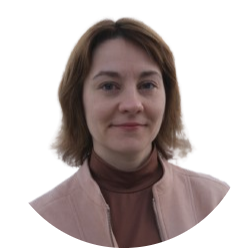
Marina Prilutskaya
WENCHE RØNNING
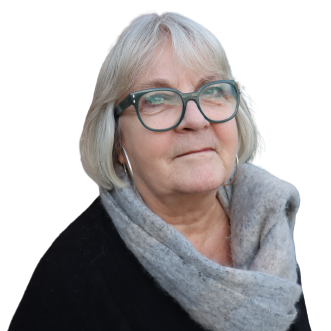
Wenche Rønning is Vice Dean and Associate Professor in pedagogy at Nord university, Faculty of Teacher Education and Arts. Before starting at the university in 2012, she worked for more than a decade at Nordland Research Institute, conducting contract research within various areas. During her time at the research institute Rønning gained extensive experience from coordinating and managing research projects, amongst others a national research project (2007-2012) into the implementation of the Knowledge Promotion reform within Norwegian compulsory and upper-secondary education. She also managed a classroom research project (2011-2013) funded by the Norwegian Ministry of Education and Research, focussing on a new initiative, called Ny Giv (New Efforts) in compulsory education. She is currently managing a research project about so-called Newton-rooms, funded by the Norwegian research council. Rønning’s major research interests lie in research about teacher thinking and pupils’ learning processes, focussing on active learning approaches and place-based education, but she has worked and published research papers and reports within a number of different research areas, including research into Sami education issues. Since 2007 much of her research has focussed on using video recordings to study practices in schools, and she is currently the leader of a research group focussing on video research.
Before starting work full-time as researcher in year 2000, Rønning was Deputy Director and later Managing Director of Education at the County Governor’s Office in Nordland County. She also held the position of managing Director of Nordland Research Institute (2006-2007). She completed her PhD in Education at Leeds University, UK, in 2010. During her time at the university she has held management positions as Vice rector for research (2014-2015), Dean at the faculty of Professional studies (2015-16) (University of Nordland), and she is currently Vice Dean for research at the Faculty for Education and Arts.
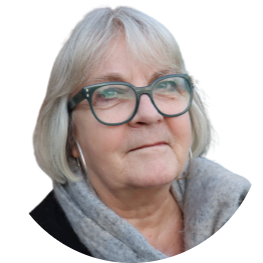
Wenche Rønning
JORDAN SHURR
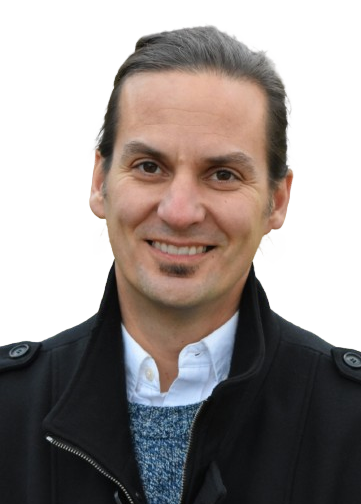
Dr. Jordan Shurr is an Associate Professor of Special Education and Founding Director of the ADD*Ed (Autism and Developmental Disabilities- Education; www.addedrg.ca) Research Group in the Faculty of Education at Queen’s University. He has worked for the past 20 years in various roles toward successful outcomes and inclusion of individuals with disabilities. His work in schools has included teaching students with extensive support needs at the preschool and elementary levels in both inclusive and specialized settings. Additionally, Dr. Shurr served as an assistive technology consultant for students with a range of disabilities from preschool to high school. In this role, he collaborated with families and various specialized school-wide team members to assess, plan, and support the delivery of appropriate instruction and professional staff development. As a professor, Dr. Shurr has worked in both the USA and Canada. His university-level teaching for pre- and in-service teachers and graduate student mentorship has included a range of topics in special education such as assessment, instructional methods, disability characteristics, intersectionality, universal design for learning, research methods, post-school transition, and early intervention. In terms of research, Dr. Shurr is focused on improving the opportunities and outcomes for individuals with intellectual disability, autism, and multiple disabilities through innovative academic supports and understanding the experiences and needs of teachers who support students with disabilities. He has published work on interventions for increased access to math and literacy skills for students with autism and intellectual disability, strategies for teacher self-development, as well as co-edited a volume of texts on research-based practices for the classroom. He is engaged in local, national, and international service through school training and research partnerships as well as his work as associate editor of the journal Focus on Autism and Other Developmental Disabilities and as Executive Director of the Division on Autism and Developmental Disabilities, of the Council for Exceptional Children.

Jordan Shurr
SARA-ELISE STENERSEN
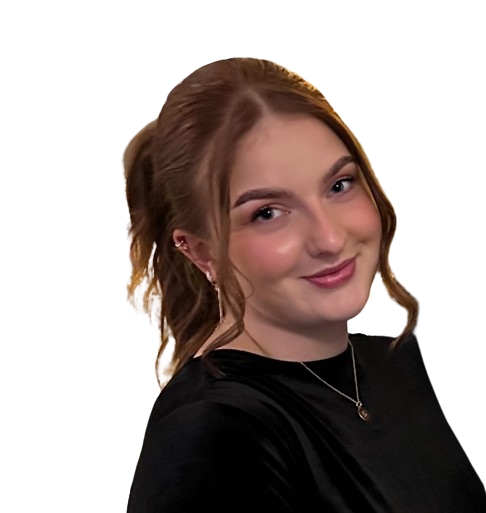
Sara-Elise Stenersen is a third-year student in the MAGLU 5-10 Teacher Education program at Nord University in Bodø, where she studies Mathematics, English and History. She grew up in a small town where acquaintances gave her multiple job-opportunities at an early age. She quickly got engaged in the local Baton Twirling team, where she developed a part of her interest in teaching as a coach. Working with children in different age groups gave her experience in planning and execution, and she learned that she had to take responsibility for her team. The coaching career provided her with valuable skills within pedagogy and leadership.
During her secondary education she sat in the city’s youth council, which was a connectional instance towards the politicians. There she got to engage and involve myself in local issues that provoked her interests.
Another relevant experience is her job at an elementary school in Bodø. She has been working there for the past few years as a substitute teacher and in the after-school program. This school specializes in integration and adjustment for refugees and immigrants. The pupils face different challenges during this time of their lives, which makes pedagogical skills and thinking essential.
Considering this year’s theme exceptional learners, she wants to expand her knowledge. Her uncle has Down Syndrome and did not get proper education adapted to his needs and potential. Her uncle´s experience with school made exceptional learners a matter of heart for her, and she is looking forward to working with CANOPY to ensure the best possible education for exceptional learners.
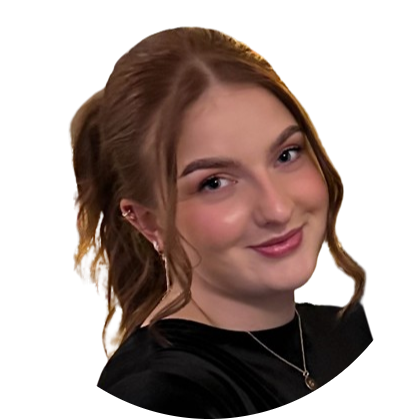
Sara-Elise Stenersen
Partner Group C: Indigenous Studies, Diversity, and Inclusion
HANNA DANBOLT AJER
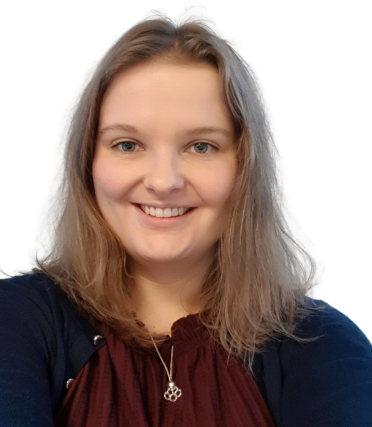
Hanna Danbolt Ajer is Associate Professor of Lule Sámi at Nord University. In the spring of 2023, she completed her PhD in Linguistics at the University of Cambridge funded by the Gates Cambridge Trust. Hanna has learnt Lule Sámi during her PhD-project investigating word-order variation in the language. She has thus fairly recently been a student of the language herself, an experience she draws on in her teaching.
Lule Sámi is an indigenous language spoken in parts of northern Norway and Sweden which has become severely endangered due to assimilation policies. In the ongoing revitalisation process, there is a great need for more documentation and teaching of the language, which Hanna’s work aims to contribute to. Hanna is passionate about documenting language variation and promoting a positive view of it whereby variation in Lule Sámi and other minoritized languages must be looked at on its own terms, rather than simply be assumed to stem from influence from dominant languages. She is therefore particularly interested in how research on variation may inform language teaching.
Another question Hanna is concerned with which is of relevance to this year’s CANOPY focus is how fieldwork may best be carried out in marginalised communities. She views it as essential to get involved in one’s field community and build relations far beyond one’s research, in line with the thinking developed in indigenous methodologies, and she has aimed to follow such an approach in her own work with the Lule Sámi community.
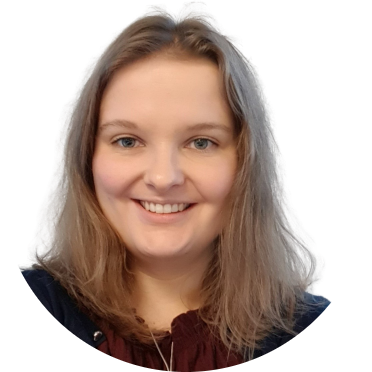
Hanna Danbolt Ajer
MAJA BENDIKSEN
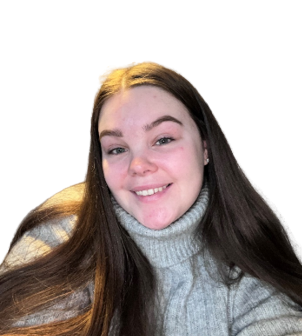
Maja Bendiksen is in her second year at Nord University Levanger. She is from a small village called Kvæfjord in northern Norway, but currently lives in Steinkjer, Trøndelag. She is studying primary school teaching 1-7 and this year has the subjects mathematics, pedagogy and English. She also wants to delve into social studies later in her education. She has worked as a substitute teacher alongside her studies for just over a year and enjoys it very much. Through her job as a substitute teacher and previous job in elderly care, and as a support contact, she has met different personalities from different cultures and environments. This has given her an open view of different people, cultures and surroundings.
She has always been interested in the topics of indigenous people, diversity and inclusion. Throughout her upbringing, she has met different personalities from different communities around her. Both Sami and Kven culture is widespread in villages in the immediate area, and this has given her the opportunity to experience their culture and acquire their stories and point of view. She therefore sees this year's theme as a great opportunity to hear other people's views on the topics of indigenous people, inclusion and diversity.
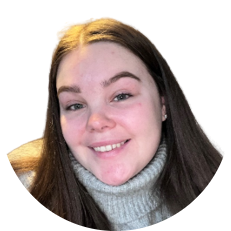
Maja Bendiksen
ALANA BUTLER
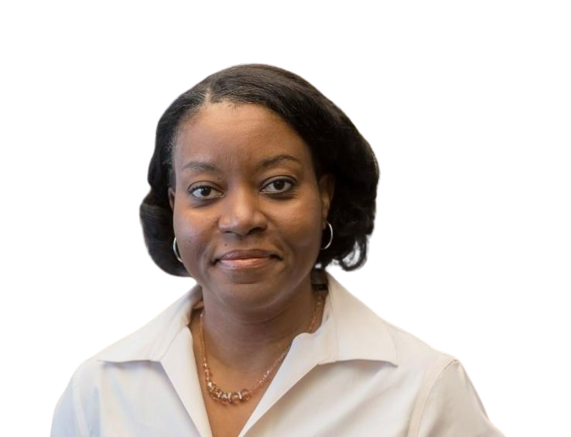
Dr. Alana Butler is an Assistant Professor for At-Risk Children and Student Success and EDI coordinator in the Faculty of Education at Queen’s University. In 2015, she graduated with a Ph.D. in Education from Cornell University in Ithaca, New York. She joined Queen’s University in 2017 and currently teaches in the Bachelor of Education program as well as the Graduate Studies program. Her research interests include the academic achievement of low-socio economic students, race and schooling, equity and inclusion, and multicultural education. She is currently Principal Investigator on a 2019 Insight Development Grant from the Social Sciences and Humanities Research Council of Canada (SSHRC) for a study on post-secondary access for low-income youth. She is co-investigator on a number of projects funded by SSHRC including a 2022 Partnership Grant on Sub-Saharan African immigrants, a 2021 Partnership Engage Grant on the academic outcomes and well-being of foster children, and a 2021 Partnership Engage Grant on anti-oppressive, anti-racist pedagogy for secondary schools. Her scholarly work has been published in the Canadian Journal of Education, Gender and Education, and Canadian Ethnic Studies.
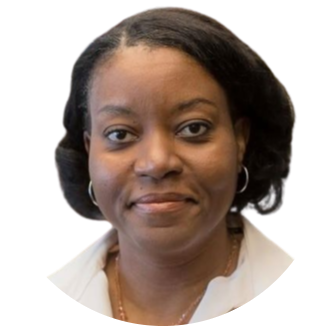
Alana Butler
PETER CHIN

Dr. Peter Chin is Associate Dean of Teacher Education and Coordinator of the Technological Education Program. His research interests can be found in the areas of teacher education and science education. Within teacher education, his research focuses on the complexities of the practicum setting (from both the teacher candidate’s and school associate’s perspectives) and how we can improve our understanding of this setting through the establishment of collaborative communities of practice.
A related area of research stems from his interest in workplace learning. Specifically, with colleagues Hugh Munby and Nancy Hutchinson, he has been conducting research on high school students working in co-operative education contexts with a science focus. The research team wrote a discussion paper for the Council of Ministers of Education (CMEC) highlighting the research issues that need to be addressed in high-school co-operative education, and they are now working on their third SSHRC-funded research grant in this area. Additional research is being conducted on a 2-year SSHRC-HRDC grant that also includes Denise Stockley and Joan Versnel as co-investigators.
In science education, Dr. Chin is concerned with the implications for teaching and learning when one attends to constructivist learning theories, metacognition, multicultural/inclusive science, and issues within the philosophy of science. As part of the Ontario secondary school curriculum reform process, he co-authored discussion papers in both “secondary science” and “guidance and career education” for the Ministry of Education and Training. He has been involved in a three-year initiative to support the development of expertise in elementary science and technology within our local school boards, and is currently involved in a three-year project with secondary science teachers.
Dr. Chin also has a growing interest in international education.
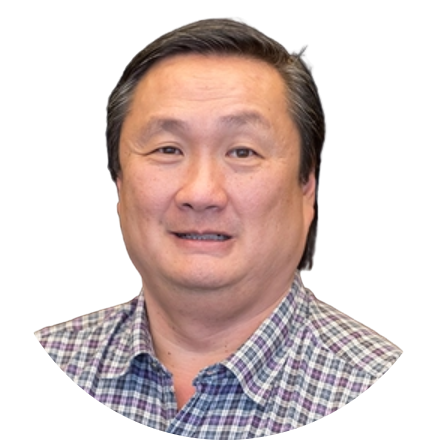
Peter Chin
FRIDA STABERG FOSSUM
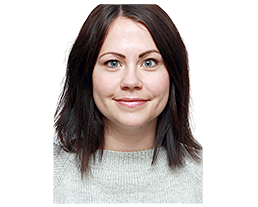
Frida Staberg Fossum is a teacher at Nesheim School, which is an elementary school in Levanger, in the middle of Norway. Frida is 32 years old and comes from a small village called Mosvik. She has worked at Nesheim school for six years. Frida graduated at the University of Stavanger in 2015. She studied to become a teacher for 5th-10th grade and specialized in Mathematics and Social Science. In addition, she took a master’s degree in Educational studies (Mathematics didactics). After her teacher training studies, she moved to Levanger. The first year she worked at a middle school. She also has experience working with 1st through 4th grade pupils as a substitute teacher. Currently she is teaching Music, English, Mathematics, Arts and crafts, Norwegian and Gymnastics in 6th. During the last three years, she has studied Guidance Pedagogy and English 1-10, at NORD university.
Frida enjoys the nature and finds it important to make children interested in our surroundings. In nature, as in the classroom, everything or everyone “plays a role in the puzzle”. She wants to impact pupils in a positive way when it comes to appreciating this fact.

Frida Staberg Fossum
ODA HALLE
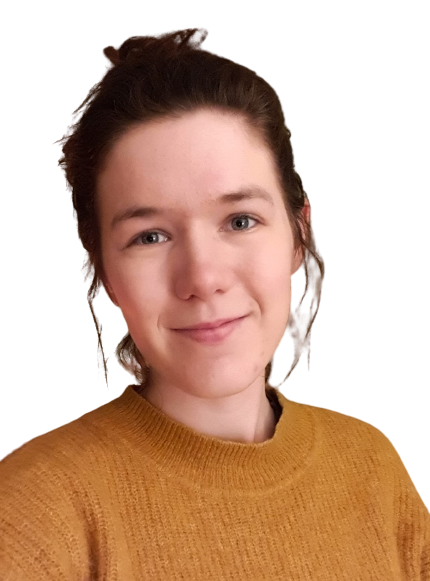
Oda Halle is a fourth-year MAGLU student, specializing in special education, Norwegian, mathematics, and English. In addition she has a BCs in biology from previous studies, specializing in conservation biology and ecology. Her passion is special education and she prefers working with pupils who do not «fit the mold». For the past four years Oda has worked as a substitute teacher, and is now hired as a special education teacher in a primary school. In addition she now runs her family farm in a small village in Western Norway. Her insight into biology offers a perspective on how the struggle for indigenous lands and rights is colesly connected to the conservation of our nature.
After high school Oda took a gap year where she lived in New Zealand, in addition to travelling to different countries aroud the world. An interest in different cultures and indigenous people in particular fueled her travels and she hopes to bring this interest into the classroom as well.
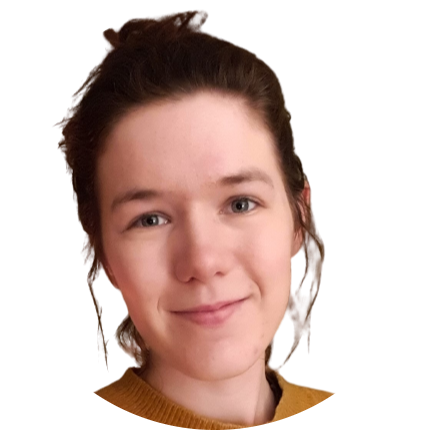
Oda Halle
ENA HOLTERMANN
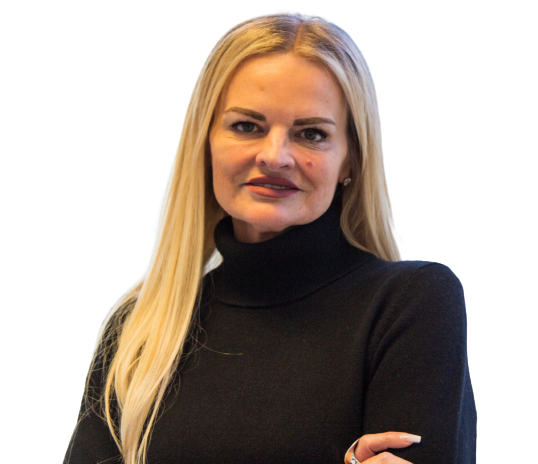
Ena Holtermann is an Adjunct Professor of Pedagogy & Curriculum for both the pre-service and multi-session programs of teacher education and completed her graduate work in Curriculum Studies at the Faculty of Education, Queen’s University in Kingston, Canada. In her role as Program Co-ordinator for the Technological Education Multi-Session (TEMS), Ena strives to build a strong sense of community for learners and instructors through a culture of care, continuous training, education & research around equity, diversity, inclusion and indigeneity.
Ena has over twenty years of secondary and post-secondary teaching experience. Starting initially as a secondary school teacher of Technological Education, she advanced to other roles including Ontario Youth Apprenticeship Program Educator; Special Education Resource Teacher – Inclusion; Human Rights and Equity Officer, Ontario Secondary School Teachers Federation (OSSTF/FEESO). As a post-secondary educator, Ena’s teaching philosophy is centered in fostering critical thinking, social justice, and reflection in professionals as they prepare for their roles as educators, care givers, and leaders in society. Recognized for her dedication to the student experience as a recipient of the Golden Apple Teaching Award for Teaching Excellence, Queen’s University, Ena strives to integrate theoretical, practical, and experiential knowledge to create a holistic, inclusive, and authentic approach to teacher education.
Ena’s research interests include examining: The unique barriers skilled workers experience when considering the teaching profession; Pre-service Technological Education teachers’ perspectives of equity, diversity, inclusion and indigeneity moving from industry to the field of education, and; The impact on new teachers’ professional identity development when making the transition from industry to teaching.
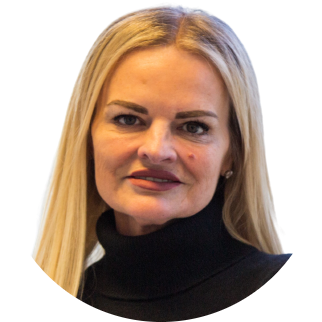
Ena Holtermann
SAM JACQUARD
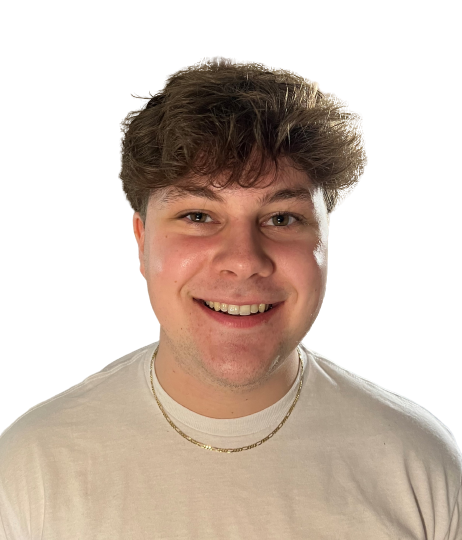
Sam Jacquard is a third year Concurrent Education student at Queen’s University with a major in Life Sciences and a minor in Mathematics. He plans on teaching biology and mathematics at the intermediate-senior level.
Sam spent a large portion of his childhood in the eastern arctic territory of Nunavut and he remains connected to the North through friends, family and work opportunities. For Sam, being surrounded by Inuit culture has provided rich learning opportunities that have included ongoing conversations about truth and reconciliation, modern treaties, historical treatment of Indigenous peoples in Canada, and what it means to be a settler. The north feels like home for Sam, so he is very excited to go to Norway!
In May 2022, he had the opportunity to volunteer at a health careers camp in Nunavut that brought Inuit youth together for a week-long camp where they were introduced to health and science related careers in hopes to inspire them to enter those fields. This experience was great as it combined Sam’s passion for science, teaching, and the north. His summer job is with an organization that runs summer camps in low-income neighbourhoods and teaches kids valuable life lessons like time and money management, independence, the importance of community service, and more. Lifelong learning and building community are important values Sam holds and he expects this experience will fulfill those values.

Sam Jacquard
TOVE JOHNSEN
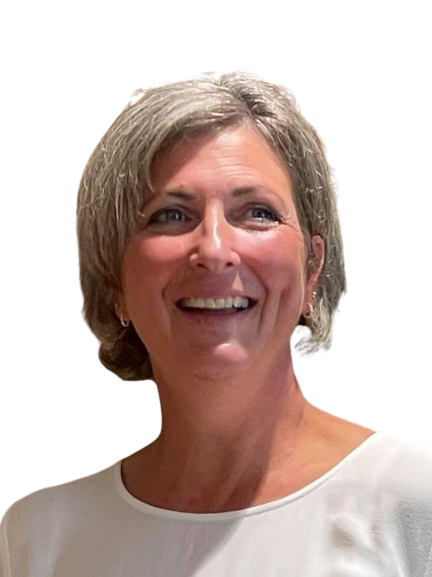
Tove Johnsen works as a main teacher at Nesheim skole. Nesheim skole is an elementary school with almost 400 students (1 to 7 grade). Nesheim is located in the municipality of Levanger, in the middle of Norway. Tove teaches all subjects. In addition, she is employed as a university school employee (20%). This means that she has a role in the collaboration with Nord university Levanger.
Tove has worked as a teacher in elementary school for 26 years. She completed general teacher training in Oslo in 1994. Her first year as a teacher was at Siggerud skole in Ski. Then she ran a family nursery school for two years. In 1997 she started at Bjørlien skole in Vestby. She was employed there for 10 years, before she moved back to Levanger, the municipality where she grew up. Tove has been employed at Nesheim since 2007. She has further education in Dance, English and Inquiry based Mathematics. In autumn 2018, Nesheim became part of a four-year university school project. Tove got the role as a project employee. In 2022 university school became a regular part of the operation at Nesheim. During the project she studied guidance pedagogy for teachers. Tove has been a practicum supervisor for several groups of teacher education students.
To be wondering, to reflect, and to be creative are skills Tove values in her work with her students. To build strong, positive relations between the students and between students and teacher, as a basis for personal and cognitive growth, is important. To choose green, to be aware of what environmental footprint they make, to think reuse and redesign, are topics that she likes to link her teaching to.
Last school year we started a collaboration with the music teachers and students at Nord university. The theme was Sami culture and joik (a traditional form of song in Sami music). This year we have continued this collaboration and expanded it with duodji (traditional Sami handicraft).
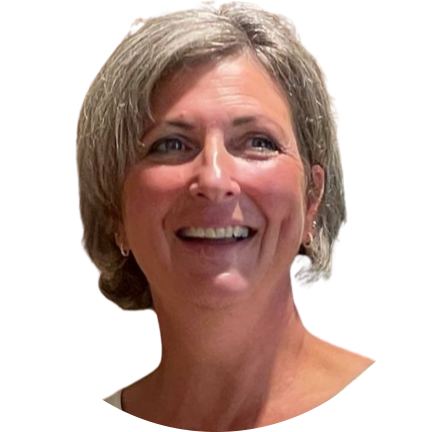
Tove Johnsen
DAVID KROIK
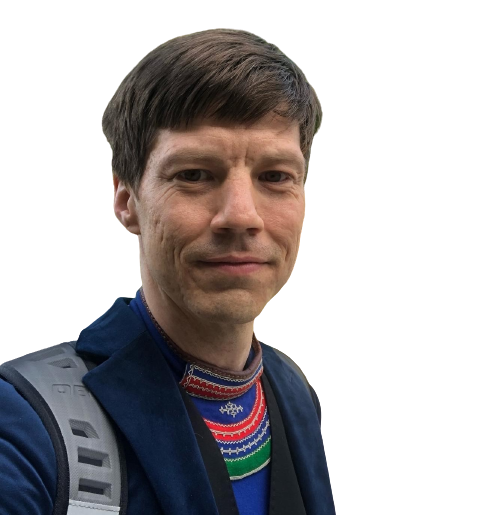
David Kroik is a Ph.D. Candidate in Language Teaching and Learning at Umeå University, Sweden and an assistant professor in South Saami at Nord University, Norway. His early research within the Ph.D. project was focused on describing the grammar of the Indigenous South Saami language from a formalistic perspective. His licentiate thesis was focused South Saami syntax. His current research involves a holistic and sociocultural approach to language and language learning, theoretically underpinned by the concept of Indigenous efflorescence. Kroik’s research involves several aspects of South Saami teaching and learning in formal educational settings, preschools and universities included. He has taken an interest in preschool teachers’ experiences of South Saami language learning and the role of the schoolscape in the shaping of good teaching of South Saami. He also focuses on how practitioners of Indigenous efflorescence, such as teachers can act to create spaces for Saami language use in their everyday teaching lives. Kroik himself is a South Saami person who has learned his Indigenous language as an adult. He a researcher, but also an educational practitioner, dedicated to language revitalisation and reclamation. He currently teaches South Saami language at Nord University. In this way, Kroik is pursuing his wish to provide the next generation of Indigenous South Saami with more opportunities to learn and to use their language.
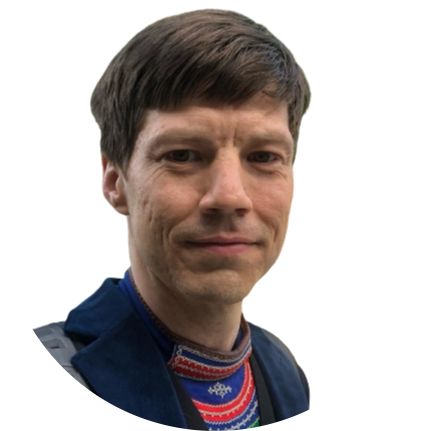
David Kroik
ARTHIGA KUNABALALINGAM
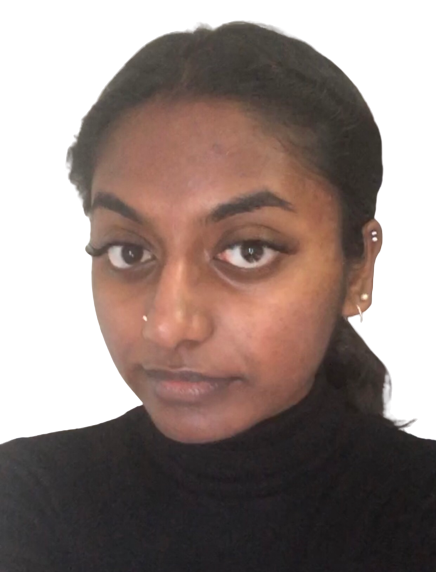
Arthiga Kunabalalingam is a third year Concurrent Education student at Queen's University specializing in History and French at the Intermediate/Senior level. In her undergraduate courses, she works towards educating herself on Indigenous history and culture, as well as critically thinking about how that knowledge can be applied to the material that she learns in her education courses such as PROF 310. Throughout the year, Arthiga works at Step Up Academy of Learning, a tutoring center that guides students to their learning goals both in person and virtually. Alongside OCT certified teachers, she collaborates and communicates with parents to ensure each and every student receives the support they need and is empowered to work towards success.
During her past practicums, she was able to apply Universal Design of Learning and work with students from diverse backgrounds. Currently, she is involved with Queen's Kaleidoscope and the Peer Support Centre. Through Kaleidoscope, she has has the opportunity to be a "Big Buddy" and School Coordinator to support an at-risk elementary school student in Kingston. With the PSC, she works as a volunteer to provide undergraduate students with confidential, empathetic, peer-to-peer support. During a practicum, she had the opportunity working with the Learning Disabilities Association of Niagara Region. She worked one-on-one with an elementary student who had a learning disability to improve their reading skills through a virtual platform. This experience allowed her to gain a broader knowledge about learning disabilities, accommodations, and creating next-step plans.
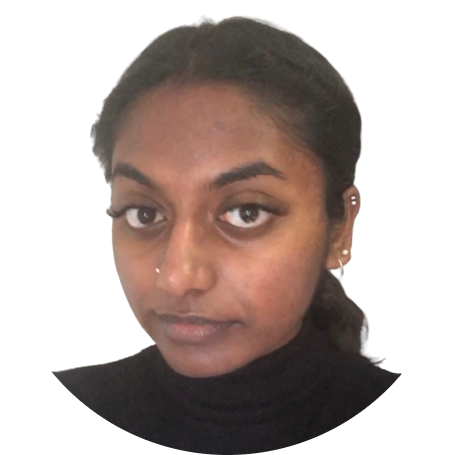
Arthiga Kunabalalingam
LINDSAY MORCOM

Dr. Lindsay Morcom is Associate Dean of Graduate Studies for the Faculty of Education at Queen’s University, as well as Canada Research Chair in Language Revitalization and Decolonizing Education. She earned her Master’s degree in Linguistics at First Nations University through the University of Regina in 2006. She then completed her doctorate in General Linguistics and Comparative Philology as a Rhodes Scholar at Oxford University in 2010. She is of Anishinaabe, German, and French heritage and embraces the distinct responsibility this ancestry brings to her research and to her contribution to reconciliation.
She is an interdisciplinary researcher with experience in education, Indigenous languages, language revitalization, linguistics, and reconciliation. She is an active member of the Kingston urban Indigenous community and works collaboratively with other organizers of the Kingston Indigenous Languages Nest for urban Indigenous language revitalization. She also works with on-reserve communities and school boards for to enhance language revitalization and decolonization in education. This has included projects examining the use of technology for improved language learning, collaborative arts-based research on the educational goals of Indigenous youth, and the development of Indigenous culture-based language immersion education.

Lindsay Morcom
JOHN-MAGNE NYDAHL
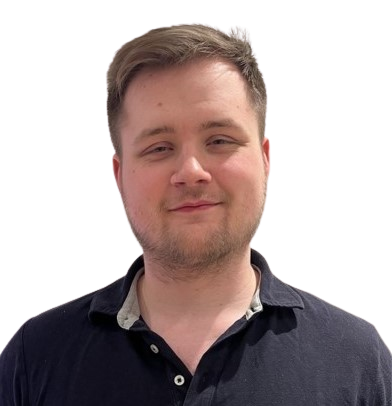
John-Magne Nydahl is a student at Nord university, currently at his fourth year of the MAGLU studies, with a goal of graduating with a masters degree in mathematics education.
He is from a tiny municipality in the southern part of northern Norway called Sømna. Previously, John-Magne went to high school with a goal of becoming an electrician, which over time evolved into a plan of being an airplane technician, which culminated in two years of high school in Bodø. After these two years, and inspired by the practical application of mathematics, he then applied to the masters program of Nord University to become a teacher, and started on this path in 2019. Excluding his current studies, his experience teaching has been as an assistant teacher at a school focused on helping especially the elderly , but also others, manage life better, where the classes in question were focused on learning how to use a computer and a smartphone/tablet.

John-Magne Nydahl
EMILY REDFERN
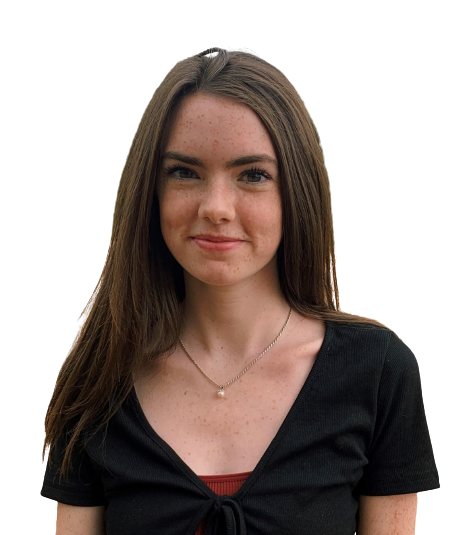
Emily Redfern is a third-year concurrent education student studying at Queen’s University. Majoring in environmental studies and minoring in French, she hopes to work in public education as a teacher in outdoor education, French and/or geography at the intermediate – senior level. Emily grew up on a country property in a small community outside Toronto, Ontario. This experience fostered an early love of nature, allowing her to garden and care for animals. She works as a certified yoga instructor at the university’s recreation complex. Yoga has been instrumental in helping her develop a connection to both the earth and to others. Its focus on balance increases overall peace and the release of endorphins to promote mental and physical well-being through meaningful connection. Emily’s course offerings in environmental studies have developed her keen interest on the topic of environmental anxiety, an increasing global phenomenon correlated with the reality of climate change and the increasing strength and occurrence of natural disasters. Her studies have also made her more aware and appreciative of Indigenous perspectives. Her future teaching career will center on these personal interests. The mental health of her students, with focused strategies designed to alleviate environmental anxiety, will be prioritized. The insecurity of not knowing what may happen or how one might cope within a changing and/or fragile environment can be overwhelming. In this regard, Indigenous knowledge is both vital and foundational: Infusing Indigenous studies into the school system - in science, deep connection, and long-lasting tradition -will better prepare students for their future, empowering them to overcome their fears and learn sustainable ways to live in harmony within their environment. In all things, Emily hopes to be a meaningful source of contribution to ensure positive transformation among the people she connects with and the world in which she lives.
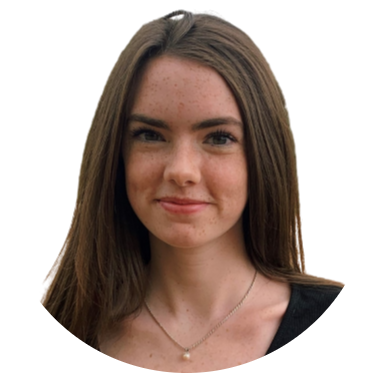
Emily Redfern
WENCHE RØNNING

Wenche Rønning is Vice Dean and Associate Professor in pedagogy at Nord university, Faculty of Teacher Education and Arts. Before starting at the university in 2012, she worked for more than a decade at Nordland Research Institute, conducting contract research within various areas. During her time at the research institute Rønning gained extensive experience from coordinating and managing research projects, amongst others a national research project (2007-2012) into the implementation of the Knowledge Promotion reform within Norwegian compulsory and upper-secondary education. She also managed a classroom research project (2011-2013) funded by the Norwegian Ministry of Education and Research, focussing on a new initiative, called Ny Giv (New Efforts) in compulsory education. She is currently managing a research project about so-called Newton-rooms, funded by the Norwegian research council. Rønning’s major research interests lie in research about teacher thinking and pupils’ learning processes, focussing on active learning approaches and place-based education, but she has worked and published research papers and reports within a number of different research areas, including research into Sami education issues. Since 2007 much of her research has focussed on using video recordings to study practices in schools, and she is currently the leader of a research group focussing on video research.
Before starting work full-time as researcher in year 2000, Rønning was Deputy Director and later Managing Director of Education at the County Governor’s Office in Nordland County. She also held the position of managing Director of Nordland Research Institute (2006-2007). She completed her PhD in Education at Leeds University, UK, in 2010. During her time at the university she has held management positions as Vice rector for research (2014-2015), Dean at the faculty of Professional studies (2015-16) (University of Nordland), and she is currently Vice Dean for research at the Faculty for Education and Arts.

Wenche Rønning
MORTEN EDVARDSEN

T: +47 75 05 78 23
Morten Einar Edvardsen is the Head of Division for Teacher Education, Assistant Professor of Pedagogy & Educational Leadership at Nord University, and the Project Manager of CANOPY. He completed his graduate training in School Leadership at NTNU, and he is an active lecturer and course coordinator for both teacher education and principal education programs across three universities (Nord U, NTNU, and UiT).
Morten has nearly twenty years of educational management experience at multiple levels. Starting initially as a secondary-education teacher, he advanced to other roles, including as: a school Principal; an Inspector, a Department Head, a Chief Operating Officer, and a Unit Leader for the municipal Superintendent’s Office; an Advisor for the Norwegian Directorate for Education and Training.
In many of these positions, Morten has served as a Project Manager for numerous national, municipal, and institutional initiatives. These projects have focused on some of the most pressing issues in the education sector, among them: developing ICT competences and adopting digital resources, sustainability, school attendance, anti-bullying, assessment, and literacy. He is currently responsible for the “University School” Project at Nord University and he is engaged with the Norwegian Ministry of Education and Research in their “Good Kindergarten- and School-Owner” Project for Northern-Norway.
Morten's research interests include: national curriculum legislation; leadership of "Learning Schools" (university schools) and of school-based competence development; and student-centred leadership through validation and recognition.
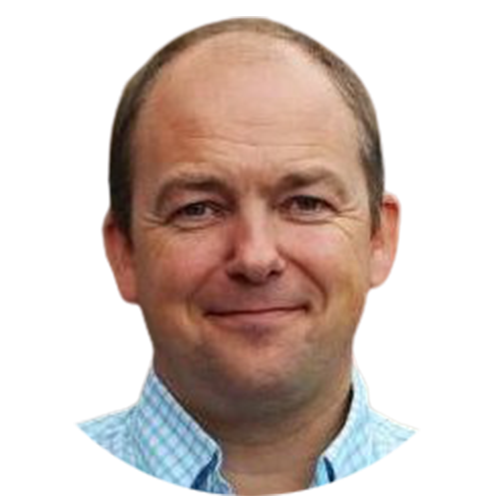
Morten Edvardsen
MONA SAXEIDE
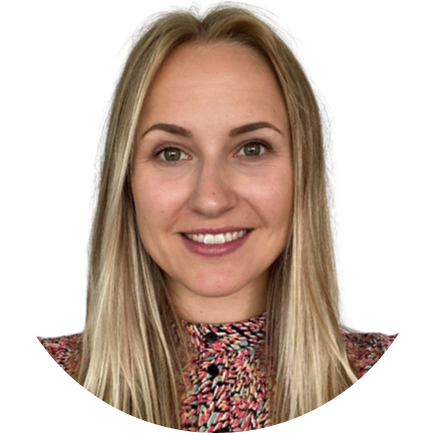
T: +47 75 51 73 09
Mona Saxeide is an advisor at the Faculty of Education and Arts at Nord University and is the main Project Administrator for CANOPY. Her work tasks are, among other things, administrative support in the application process towards externally funded continuing education study programs, organizing seminars/conferences, as well as student advisor.
Mona has an academic background from teacher education at the University of Stavanger, through the four-year program. After her third year, she was given the opportunity to continue her studies on the two year master program in sports and physical education didactics. Before moving to Bodø, Mona worked as a contact teacher for three years in a primary school, where she followed two parallel-classes from grade 5 to 7, teaching mainly mathematics, physical education and music, but also home economics, arts and crafts and "LINK".

Mona Saxeide
Project Administrator
NADYA ALLEN
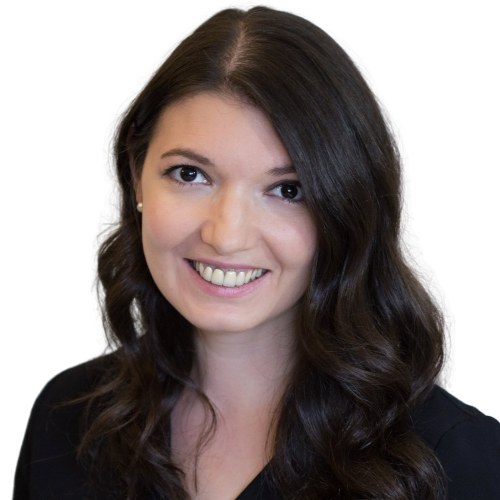
T: +1 613 533 6000 ext. 77414
Nadya Allen is a manager of international education in the Faculty of Education at Queen’s University. She completed her undergraduate degree as an international student at Queen’s University, and her M.Ed. in Educational Administration and Leadership at the University of New Brunswick in Canada. Nadya brings with her fifteen years of international education experience, ranging from admission and student life to international student recruitment and marketing in both secondary and post-secondary settings.
As International Manager, Nadya works closely with international partner institutions on developing new programs and initiating new international opportunities for students. She advises Canadian and international students about the possibilities of studying abroad and at the Faculty of Education at Queen’s University.

Nadya Allen
International Manager, Queen’s University
ALEXANDRA MINUK
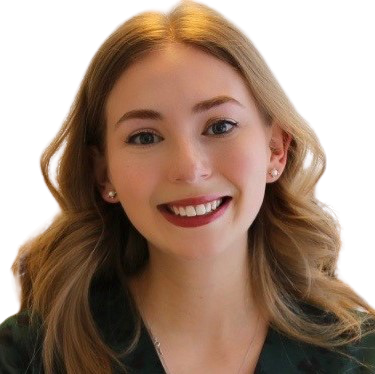
Alexandra Minuk is a doctoral student at Queen's University in the Faculty of Education and instructor in the Bachelor of Education program. Alexandra's research focuses on the inclusion of students with autism in general education and, specifically, teachers' professional learning as it pertains to inclusion. In addition to international experience as a special education teacher, Alexandra is currently the projects manager of the Autism and Developmental Disabilities Education Group at Queen’s. This is Alexandra’s fourth year with the CANOPY project.
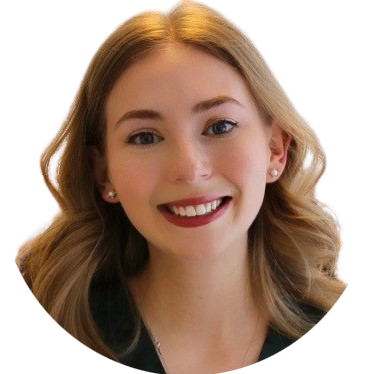
Alexandra Minuk
Graduate Student Assistant
ELISE SIVERTSEN ARNSBY
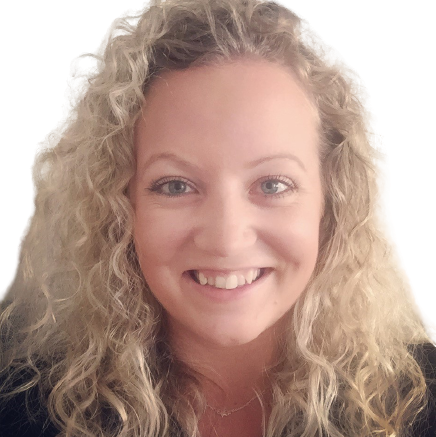
T: +47 75 51 79 20
Elise Sivertsen Arnsby is a Ph.D. student in The Faculty of Education and Arts at Nord University. Her Ph.D. is part of the University School Project at Nord and focuses on mentorship and mentor education related to practicum placement. The Ph.D. project is a mixed methods study in three parts: the first explores mentor education and teachers’ professional development, the second focuses on collective mentor education and its significance for collaboration, school development, & collective mentoring practices, and the final part focuses on the coherence between teacher education and practicum placement & collaboration.
Elise has an academic background from teacher education in Norway, through the five-year integrated master program. Her core subjects were English, History & Psychology, and she wrote her master’s thesis on English didactics. She has since worked for six years as a teacher in English, History, and Psychology at two upper secondary schools in Norway. While working as a teacher Elise supervised teacher-students in practicum and took mentor education. Through this, she developed an interest in mentorship and in the coherence between teacher education and practice; she also grew concerned with the low teacher education recruitment and with the high numbers of teachers leaving the profession. These interests led her to applying for a Ph.D. position with the University School project in order to explore these questions through a focused study.
In upper secondary school, Elise was an exchange student in Brunswick, Maine for a year and later studied psychology for a year at Boston University. The experience of living abroad and being a part of a different educational system was quite valuable for her and she believes experiencing, collaborating with, and learning from other countries and communities can help uncover new knowledge, perspectives, and opportunities for our home systems.
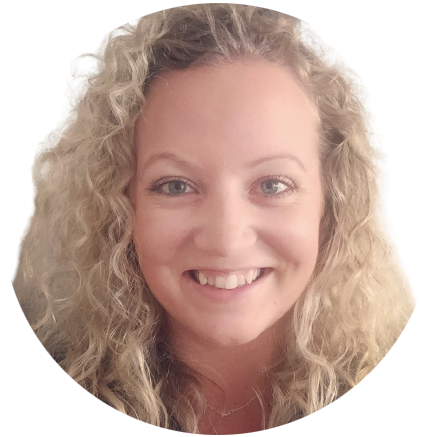
Elise Arnsby
AMANDA COOPER
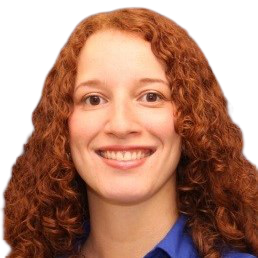
Dr. Amanda Cooper, Associate Professor in the faculty of education at Queen’s University, founded the Research Informing Policy, Practice, and Leadership in Education program (RIPPLE) in 2012 to accelerate the impact of research in K-12 education.
Dr. Cooper has a proven, independent track record of competitive peer-reviewed SSHRC funding (PI: $187, 403; Co-investigator: $199, 113) and was the Principal Investigator on an Ontario ministry evaluation of evidence-networks across the province ($427, 615).
She has held provincial leadership positions (such as advising the ministry of Ontario as an Ontario Education Research Panel member), been invited by the Cabinet Office of Ontario to train policymakers, and is currently a coordinating committee member for the Canadian Knowledge Translation and Exchange Community of Practice.
She provides talks, workshops and consulting on knowledge mobilization for researchers, practitioners, and policymakers across sectors. Her research interests include: knowledge mobilization (research-policy-practice relationships); Research Brokering Organizations (intermediaries that connect research producers and users to increase research use across the education sector); research impact (funders, impact indicators, engaged scholarship); and evidence-informed policy.
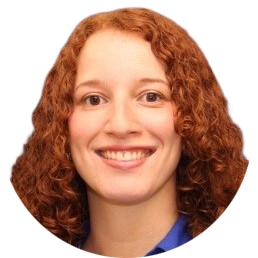
Amanda Cooper
Research Lead
